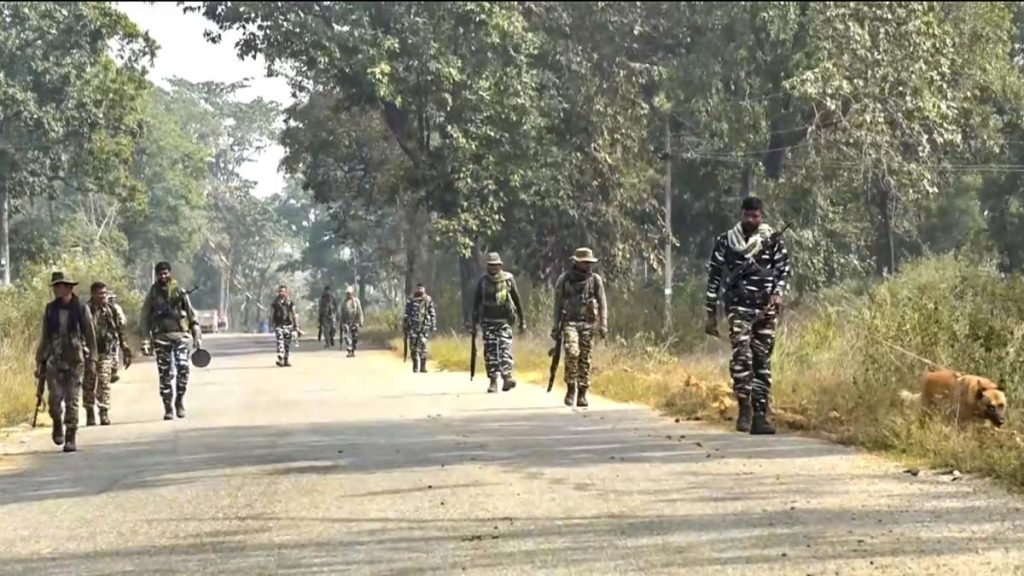Now Reading: YouTuber Detained for Trespassing on Uncontacted Indian Tribe
-
01
YouTuber Detained for Trespassing on Uncontacted Indian Tribe
YouTuber Detained for Trespassing on Uncontacted Indian Tribe

Fast Summary
- Incident: US national and aspiring YouTube influencer Mykhailo viktorovych Polyakov, a self-described “danger tourist,” attempted illegal contact with the protected Sentinelese tribe in North Sentinel Island, India.
- Actions Taken: Polyakov traveled overnight on an inflatable raft modified with an outboard motor. He floated offshore blowing a whistle and briefly landed on the island’s beach to film using a GoPro camera, collect sand samples, and leave gifts (coconut and Coke can). No members of the tribe appeared during his visit.
- legal Arrest: Polyakov was apprehended by indian authorities on March 29 for breaking laws prohibiting contact or filming Indigenous tribes. He faces potential prison time of 3-5 years if convicted.
- Risks to Tribe: Experts note that contact with outsiders poses serious health risks to isolated tribes due to lack of immunity against common diseases like flu or measles. Such encounters could also disturb their cultural fabric.
- Advocacy Concerns: Caroline Pearce from Survival International criticized Polyakov’s actions as reckless while emphasizing broader threats faced by uncontacted Indigenous communities globally, including business encroachment and land exploitation. She highlighted concerns about India’s plans for developing Great Nicobar Island near North Sentinel into a major urban center.
!Image: Man swimming in river seen from POV of GoPro camera
Caption: The ‘danger tourist’ Mykhailo Polyakov previously visited Taliban-controlled Afghanistan. Credit: Screenshot, Mykhailo Viktorovych Polyakov / YouTube
!Image: Aerial shot of portion of North Sentinel Island
Caption: North Sentinel Island is home to around 100 remaining members of the Sentinelese tribe. Credit: DirectGlobe via Getty Images
Indian Opinion Analysis
The arrest highlights India’s strict legal framework protecting its uncontacted tribes, particularly the internationally recognized Sentinelese people who have historically resisted external interaction for over 55,000 years. This incident underscores critical discussions around human rights and preservation-ethical responsibilities toward safeguarding vulnerable Indigenous communities must prioritize immunity risks alongside respecting their isolation.
India faces both commendation for enforcing protective restrictions in cases like this while simultaneously facing criticism regarding development projects threatening nearby territories like Great Nicobar Island inhabited by other Indigenous groups such as the Shompen people. Maintaining balance between development goals and preserving fragile ecosystems tied deeply to cultural heritage remains imperative.
This case also reveals broader global challenges surrounding curiosity-driven tourism interfering with conservation efforts-a growing concern across regions housing uncontacted tribes worldwide.

























